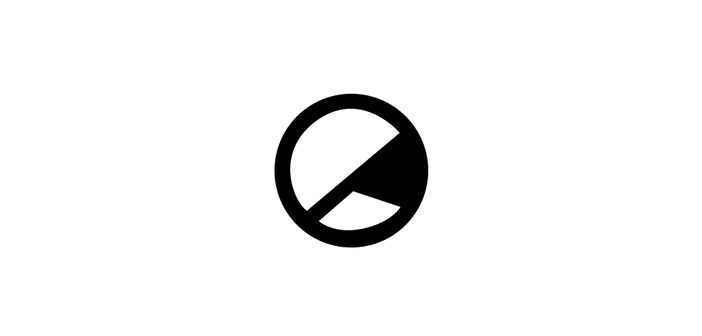What makes a great villain? No, this is not Tom Hiddleston’s advertisement for Jaguar, though he would definitely have a strong opinion on the matter, being the best villain of the Marvel Cinematic Universe. Nevertheless, this is a crucial issue for most films, books and TV series, as antiheroes are sometimes more commemorated than their ‘good’ counterparts. Moreover, heroes will be poorly interpreted if facing a mediocre villain. It has got to the stage that main protagonists are often associated with their respective villain such as Sherlock/Moriarty, Harry Potter/Voldermort, and Batman/The Joker. Thus, how exactly does one becomes a great villain ?
The most obvious feature that makes a good villain is the ‘evil’ look. This can be achieved by amazingly well-designed costumes or simply by the physical aspect of an actor. Indeed, a huge number of actors come to be type-casted in ‘bad guy’ roles, such as Mads Mikkelsen, who is well-remembered for playing a number of villains: Le Chiffre when facing James Bond in Casino Royal (2006), Hannibal Lecter (from the TV series Hannibal) and Kaecilius from the newly released movie Doctor Strange (2016). Undoubtedly, the look matters a lot when it comes to making an unforgettable first impression on the audience. For instance, Hannibal Lecter from The Silence of the Lambs (1991) is always associated with his weird mask, the Wicked Witch of the West is remembered for being green, and Darth Vader’s impressive costume was a crucial feature of the character long before any of the Star Wars prequels, and even then there is a clear dissociation of image in people’s minds between Darth Vader and Anakin Skywalker. This last character is often referred to as the greatest villain of them all, but if he would have been wearing a pink costume, he definitely wouldn’t have gained this honorable title.
Thinking further than the physical aspects, most of the best villains connect with people either by their troubles in life or by being associated with a deeper psychological fear. If not a villain who we can be empathetic towards, the bad guy needs to be a real scary freak such as Norman Bates (Psycho, 1960) or Hannibal Lecter. This is very tricky to achieve since it not only needs an excellent backstory, but it urges the casting of someone who can master the art of performance. For instance, Tom Hiddleston’s Loki (Thor, 2011) can be understood from his brotherly jealousy, Scar (The Lion King, 1994) from his thirst of power which lies in the deepest unconscious of society, meanwhile in literature Heathcliff (Wuthering Heights, 1847) arises as one of the villainous figures of English classics by his horrible revenge raising from the injustices he suffered.
If this emotional connection with the audience is well made, people do not only feel empathy for this trouble minded person, but they also start to truly like the villain. This is demonstrated through TV series following the stories of antiheroes, such as Dexter who is actually a disturbed serial killer but no one wants him to be caught, or even Red Reddington (Blacklist) who is mainly a criminal and a killer but has become a beloved character on the small screen. Likewise, Darth Vader is surely the most beloved bad guy of the cinematic art but he did still put the entire galaxy under a dictatorship.
Then, once the villain has the look, has the attenuating circumstances or the dreadful mind of a psychopath; he has to get himself terrific dialogue. It was Roger Moore (James Bond 1973-1985) who said : ” I’d love to be the villain. The villains have much better lines and wonderful speeches.” Also, a lot of villains are associated with a particular line they had in a movie or TV series such as Darth Vader’s ” I am your father” that brought a new perspective to the original Star Wars trilogy. As well, Sherlock’s Moriarty, portrayed by Andrew Scott, has so many great lines that one cannot simply be chosen. Dialogues are a powerful tool to make a villain remembered for decades. It is THE feature that makes the difference between a good villain and a great villain.
But why does it matter? Why do heroes needs villains? As Elijah Price (Unbreakable, 2001) said : “How can you tell who the villain is going to be? He is the exact opposite of the hero”. Therefore heroes in films, TV series and books would not exist if it wasn’t for villains. As there are different heroes, there are several types of great villains, so if you’re not fan of the Macbeth from a galaxy far, far away that is Darth Vader, Moriarty will definitely burn the heart out of you. After all, “A hero’s a hero, but everybody loves a good villain”.




